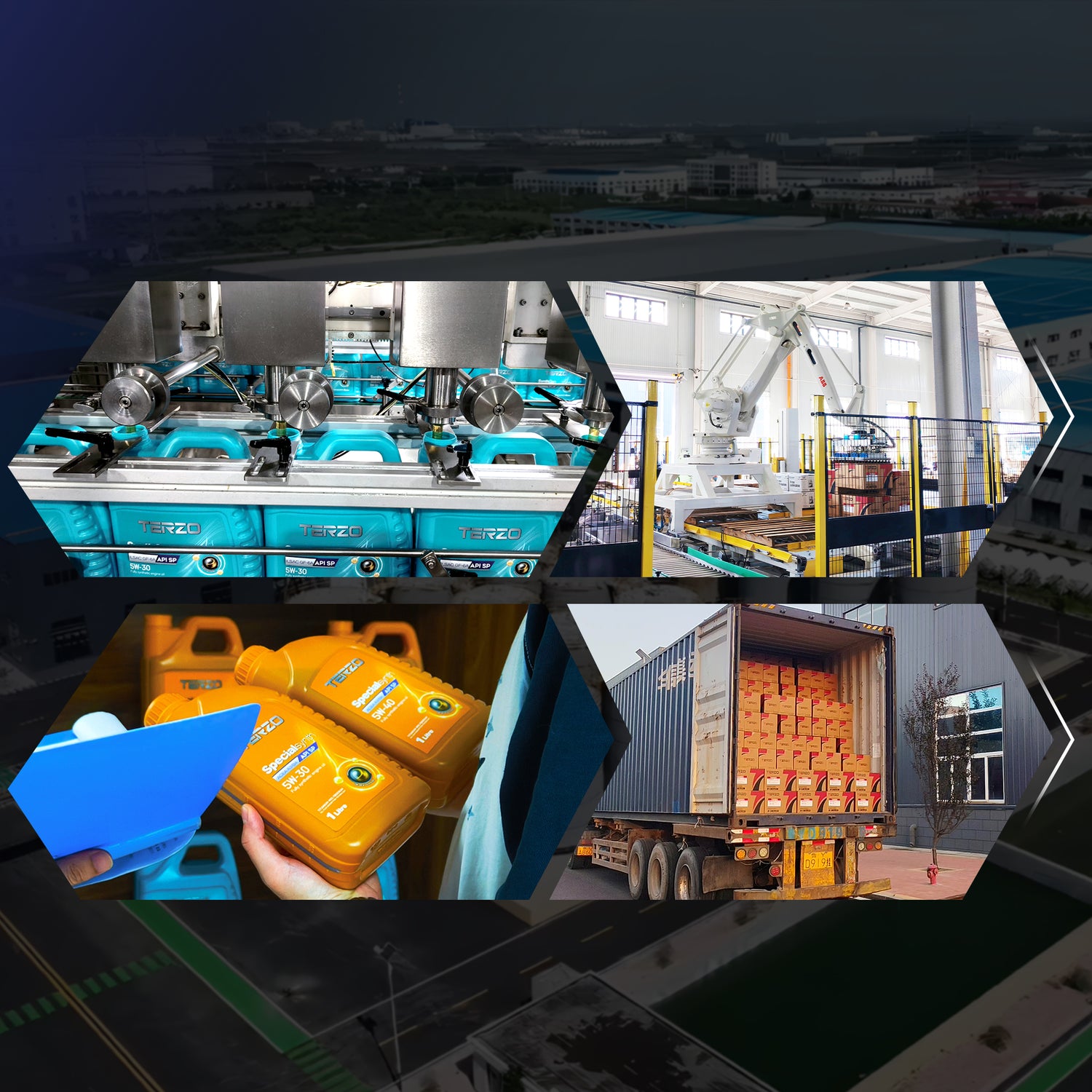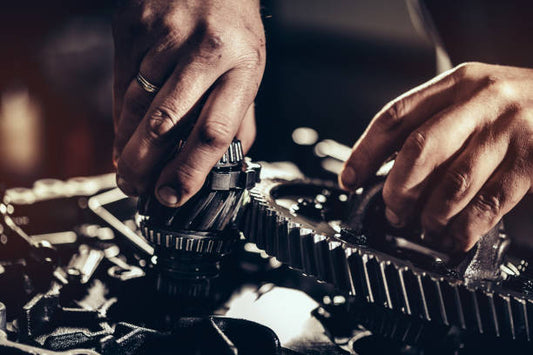
After 12 Years of Driving, I Learned Never to Arbitrarily Replace Brake Fluid—Otherwise, You Might Face Severe Consequences
Hello everyone, I’m Li. After 12 years of driving, I’ve learned that brake fluid shouldn’t be replaced arbitrarily, nor should it be added carelessly. Many people, during routine maintenance, hear 4S stores say, “You’ve driven so many kilometers—you need to replace your brake fluid!” and comply. Others notice low brake fluid levels during inspections and top it off without investigating the cause. Both practices are problematic, a lesson I only recently learned from a repair technician.
The Misconception of Using “Moisture Meters” to Judge Brake Fluid Replacement
Most people determine if brake fluid needs replacing by using a device to measure its moisture content. If the device alarms, they assume high moisture requires replacement. While high moisture does necessitate replacement (as it can corrode the pistons inside brake calipers, leading to rust and seizing—especially in rarely driven cars, where rusted pistons may jam and cause brake failure), here’s the catch: no automaker officially recognizes these aftermarket moisture meters. Relying solely on such devices to decide replacement is unreliable.
Trust Your Car’s Factory Sensor First
Your car’s brake fluid reservoir comes with a factory-installed sensor that monitors the fluid’s condition—including levels, cleanliness, and degradation. If the fluid is too low, dirty, or degraded (which often correlates with high moisture), the sensor will trigger the brake system warning light. If the factory sensor hasn’t alerted you, why rush to replace the fluid? Moreover, some original brake fluids are high-quality, whereas aftermarket options (like those sold at auto parts stores) may be subpar. Let me share my personal experience to illustrate this.
A Lesson from Forklift Maintenance
I once operated large forklifts at a factory (as I’ve mentioned in previous posts). Forklifts often faced brake failure, so we kept brake fluid on hand. Repair shops provided two types: iron-canister and plastic-bottle versions. The iron-canister fluid was cheaper and widely used, but after adding it, our forklifts frequently suffered brake failure. Upon inspection, the issue was always rusted caliper pistons—seized by corrosion. Switching to plastic-bottle fluid drastically reduced these problems. This aligns with what the repair technician recently told me: some brake fluids, even new ones, are so poor they corrode caliper pistons. My forklift days taught me that low-quality brake fluid is a costly mistake.
When Should You Replace Brake Fluid?
If your factory sensor hasn’t alerted you, there’s no need to rush replacement. If you do replace it, using subpar fluid could degrade performance worse than the original. Instead, focus on checking the fluid’s condition during maintenance:
- Replace if it turns dark or murky: This indicates contamination or degradation.
- Replace if the sensor alerts: This signals critical issues like excessive moisture or contamination.
If your brake fluid remains crystal clear, it’s likely free of rust or debris, meaning it’s still effective. I’ve driven my own car for 9 years (over 100,000 km) without replacing the fluid, simply checking its clarity during each service. My boss’s imported Kia, now 15 years old, has never had its brake fluid replaced either. It’s not about mileage—it’s about condition.
The Real Causes of Brake Failure (and How to Avoid Them)
Brake failure typically stems from two issues, neither of which is directly caused by untimely fluid replacement:
- Rusted Caliper Pistons: If the fluid is contaminated (high moisture) or replaced with poor-quality fluid, caliper pistons may rust. In rarely driven cars, rusted pistons can seize, causing brake failure.
-
Brake System Leaks: Low fluid levels may indicate leaks—either from the caliper or brake lines. Inspect for wet spots around the caliper or check the flexible brake hose (commonly prone to bulging, aging, or punctures over time).

Final Advice
Don’t replace brake fluid unless necessary. Trust your factory sensor, check fluid clarity during maintenance, and opt for high-quality fluid if replacement is unavoidable. Rushing to replace fluid based on mileage alone or untrustworthy moisture meters risks wasting money—and worse, compromising your brakes. When in doubt, stick to the basics: inspect regularly, and let your car’s own warnings guide you.




